INNOVATION
Sugarcane is a multi-faceted solution which can contribute to the creation of a low carbon economy. Thanks to our industry’s constant focus on innovation, sugarcane is the source of a great variety of products benefitting society and the environment.

SUSTAINABLE AVIATION FUELS
The global aviation industry has set a goal of carbon-neutral growth and aims to achieve net-zero carbon emissions by 2050. Sustainable Aviation Fuels are a key pathway towards the decarbonisation of the sector, once it can reduce greenhouse gases (GHGs)by up to 80%. To tackle this global challenge, the International Civil Aviation Organisation (ICAO) Parties introduced a global market based measure, the Carbon Offsetting and Reduction Scheme for International Aviation (CORSIA). Amongst the eligible CORSIA sustainable fuels is farnesane, produced from sugarcane ethanol (ASTM 7566). Farnesane is obtained biologically through sugar fermentation using biochemical conversion technology, namely the synthesised iso-paraffins (SIP) pathway. The decarbonisation value of this crop-based biofuel for sustainable aviation fuels has been endorsed by EU within the framework of CORSIA (24.1 gCO2e/MJ).
BIOMETHANE
Biomethane originates from the biogas purification process, opening up a wider range in its use. It can be directly use in the existing gas infrastructure for various industrial and domestic uses. It can also be used as biofuel for light, medium or heavy vehicles with gas engines. In the case of the sugarcane production, biomethane engines are starting to replace the current diesel fleet of trucks and agricultural machines, providing substantial GHG reductions.
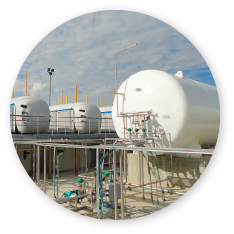
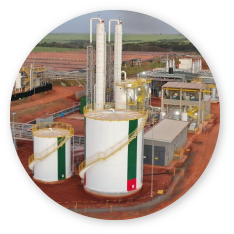
BIOGAS
Biogas originates from the anaerobic decomposition of organic matter. It is composed, on average, of 60% methane, and 40% CO2. In the case of the sugarcane sector, it is possible to produce biogas from vinasse, filter cake and even straw and bagasse, by-products or residues from sugarcane production. Biogas can be used to generate electricity (via motor generators or gas turbines), and can also be purified and transformed into biomethane.
MARINE BIOFUEL
When considering transport decarbonization, the shipping industry plays a pivotal role, as it is responsible for around 80% of global goods transportation, contributing to the emission of approximately 940 million tons of carbon annually, according to the International Maritime Organization (IMO). In response to this, the IMO has set an ambitious target to reduce emissions by 50% by 2050. Within this framework, bioethanol also stands out as a promising, cost-effective, and widely available alternative fuel that could significantly aid the sector in achieving its decarbonization goals. When used as a marine fuel, ethanol can reduce CO2 emissions by 76% (from well-to-wake), SOx emissions by 95%, and NOx emissions by 40%. By investing in vessel retrofitting technologies and implementing supportive public policies—such as blending mandates, decarbonization targets, and international standards for evaluating biofuel production and lifecycle assessments —ethanol has the potential to foster a more sustainable and environmentally friendly shipping industry.
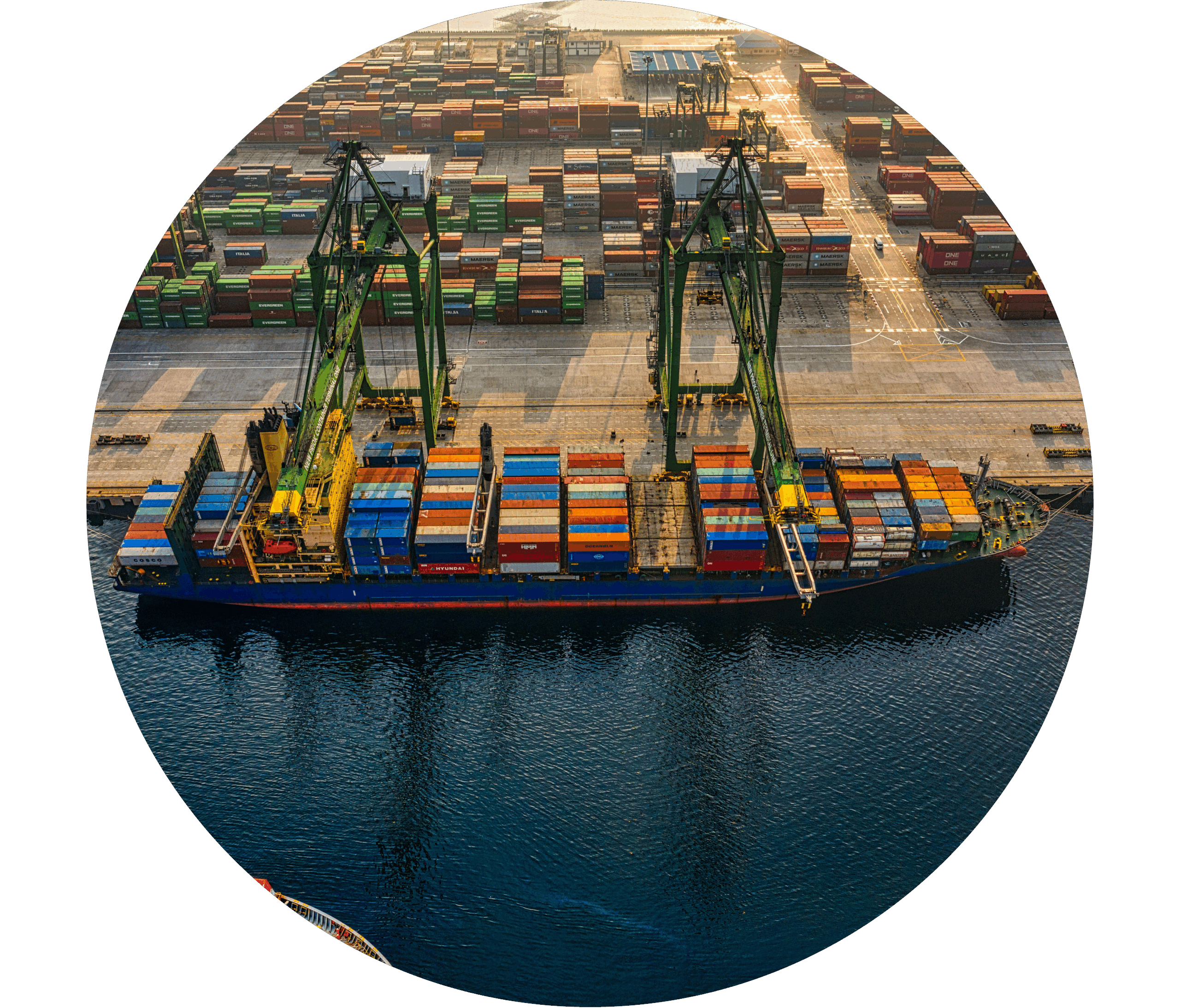
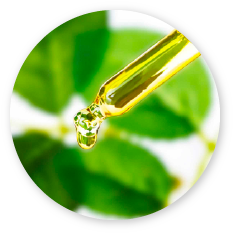
COSMETICS
The cosmetics industry can also benefit from sugarcane by-products. Beyond the use of bioplastics for packaging, there are many active ingredients extracted from sugarcane used in beauty products. An unexpected example of this is squalane, a highly demanded ingredient in cosmetics. This ingredient found in shark livers now has a humane, plant-based and sustainable alternative, as it is equally found in sugarcane.
FUEL-CELL
Having a strong biofuel supply chain guarantees sustainability of the transport matrix, offering consumers options such as the already marketed and affordable hybrid flex-fuel vehicles. In addition, new fuel cell vehicles that run on hydrogen extracted from liquid fuels will soon be on the market. The fuel-cell has a reformer that extracts hydrogen from biofuel, without generating GHG and other pollutants. The benefit of this type of vehicle is that it dispenses the large set of batteries. Electricity is generated in the car itself: a chemical reaction turns the hydrogen stored in the tank into electrical energy. Thus, the car is cheaper (the battery represents up to 40% of the cost of a vehicle), more sustainable (there is no complication related to the production and disposal of batteries) and the long delay of recharging is eliminated (just fill the tank with a liquid fuel as is done today).

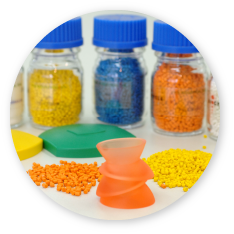
BIOPLASTIC
Ethanol, made from sugarcane, is used to produce a variety of different green plastics. As societies increasingly seek to reduce the consumption of single-use plastic items, sugarcane provides an alternative sustainable solution that reduces GHG emissions and is recyclable.
ETHANOL 2G
While first generation ethanol is made from the sucrose found in sugarcane juice and molasses, second generation ethanol, also known as cellulosic ethanol, is produced from fibers, or leftover sugarcane material. With new tecnologies, mills can increase biofuel production without increasing the land used for cultivation.
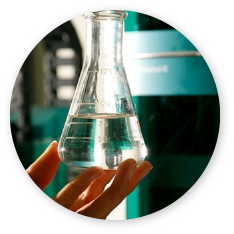
SUSTAINABILITY
THE BRAZILIAN
EXPERIENCE
Towards Decarbonization of Liquid Fuel in Japan
Japan has announced its plans to introduce E10 bending by 2030, as a strategy to decarbonize its transport sector.
News

E30: a new important step in Brazil’s journey toward low carbon transportation
Brazil will adopt 30% anhydrous ethanol blend in gasoline. This move marks a bold step forward in the country’s energy transition strategy.

New Blog Post : “Towards Decarbonization of Liquid Fuel in Japan ” by Mr. Yoshihiko Omori
New blog post on our website, authored by Mr. Yoshiko Omori, Director at the Institute of Energy Economics, Japan (IEEJ).
